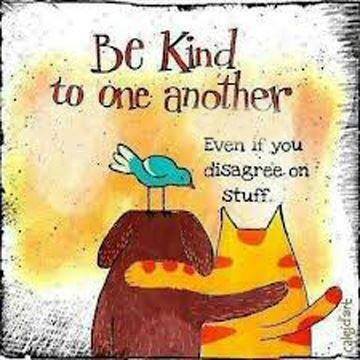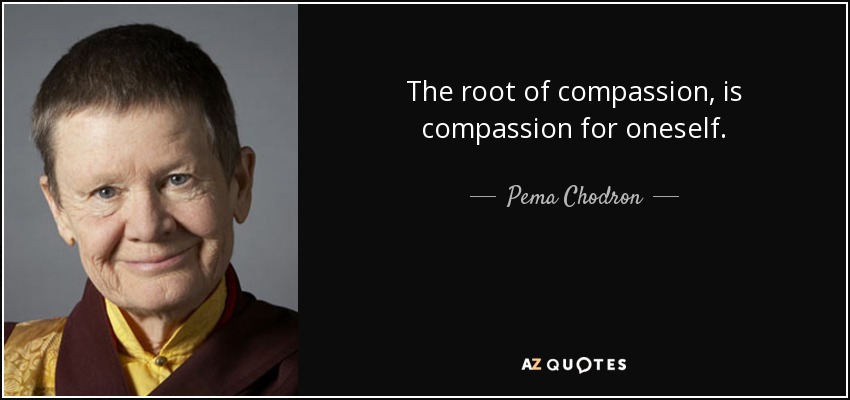As they say, we are only human. And to be human is to be imperfect, to make mistakes, to become misguided, to be messy. To be human is also to learn and master the power of forgiveness, compassion, humility, gratitude, and resilience.
Harm is so often caused by those who are themselves reeling from the effects of harm. In a simple way, harm to another is a natural human instinct, a quick way of communicating to another to STOP. But in the complexity of human behavior, that instinct spirals and weaves a complex network of reverberating harm. While we may not be able to stop others from their patterns of harm, we can learn about how our own minds and bodies react to the experiences and feelings we encounter. And as we learn about ourselves and learn to nurture ourselves, we become able to check our own harmful responses and create opportunities for resolution and growth.

6 Habits to limit harm to people
1. Embrace imperfection!
We can choose to fall in love with the imperfection of humanity! The alternative is to be judgemental and to shun those whose imperfections we find to be unacceptable — an assurance that someone else will judge our own failings to be unacceptable, thus perpetuating the harm of judgement, division, and intolerance.
2. Practice self-compassion
Accepting and nurturing ourselves may be the most critical starting point for minimizing harm to all. When we punish ourselves for not being who we think we should be, we close doors that enable us to grow and extend our compassion to others. The harm we do to ourselves is far more more damaging than we typically acknowledge. Practicing compassion for ourselves lays a foundation for a practice of compassion beyond ourselves.
“We are so quick to judge one another. And just as we are hard on others we are even harder on ourselves.”
Awakening Self-Compassion – Jack Kornfield

3. Practice framing thoughts and responses in positive terms
When we focus on solutions and opportunities rather than just the problems, we see more clearly the actions we can take and we’re less likely to get lost in blaming others.
4. Practice forgiveness
Harm is a natural and unavoidable reality. Our challenge is to grow stronger and better in the face of it. The better able we are to forgive ourselves and others for whatever harms we or they may cause, the better able we will be to heal and to move forward in a positive way.
“But without forgiveness the world can never be released from the sorrows of the past. …Forgiveness is a way to move on.”
The Practice of Forgiveness
5. Learn to use language and communication in constructive ways
Language is such a amazing tool if used for good rather than harm. To live more humanely, we need to let go of harmful habits of communication – language or intent that’s meant to hurt and shame or to carelessly promote negative stereotypes.
We can develop habits of engaging others through respectful civil discourse as long as we (and they) are willing to be open and to put aside the need to “win”. In fact, we may find that it is the challenging conversations with others that are the most informative and rewarding conversations because they allow us to bridge barriers and connect with something unfamiliar. They expand us. But they take practice and a conscious choice on our part to do so.
- The Science of Positivity in Social Media
- Celeste Headlee: 10 Ways to Have Better Conversations (Video)
- The Art of Disagreeing Agreeably | Psychology Today
- Training for Conflict Resolution
- Learn How To Resolve Conflict & Restore Relationships with Rick Warren (Video)
- Virginia Center for Restorative Justice
6. Learn the signs of abuse so we can identify it and respond appropriately
- Signs of Abuse | National Coalition Against Domestic Violence
- Top Warning Signs of Domestic Abuse | Very Well Mind
- 64 Signs of Mental and Emotional Abuse | Healthline
Local human support organizations in Central Virginia can be found through United Way of Greater Charlottesville
More ideas or questions about how we can avoid doing harm to others? Join our Facebook group and share them.
When we begin to pause instead of retaliating, even if it’s only briefly, we are starting to loosen the pattern of causing harm.”
A simple way to avoid hurting other people